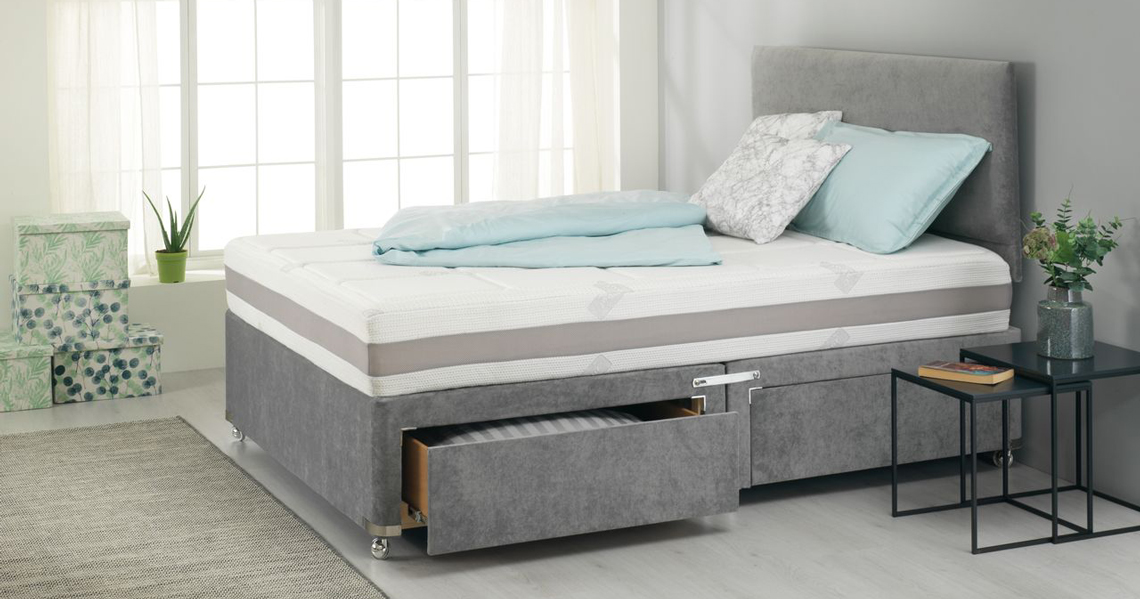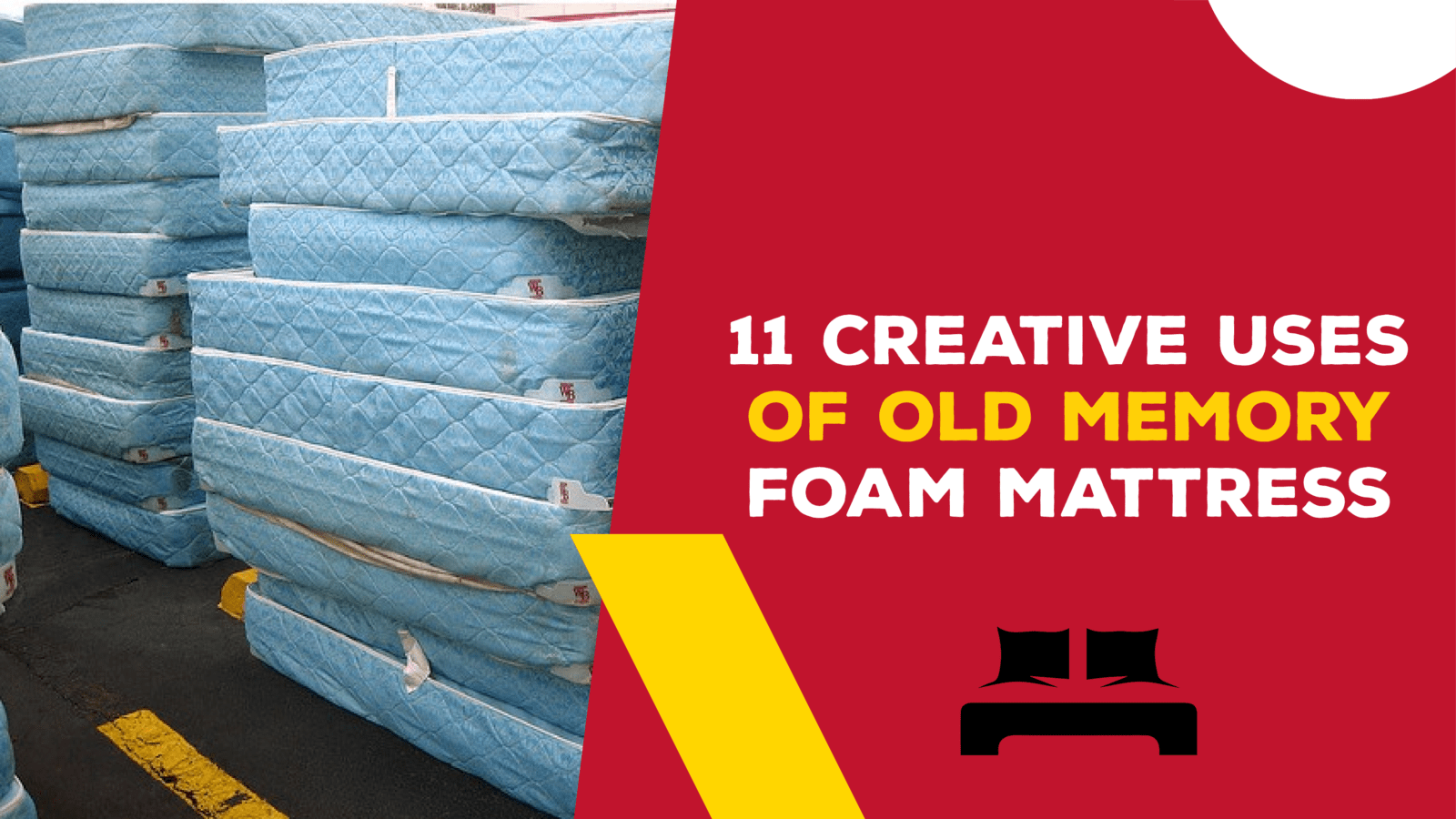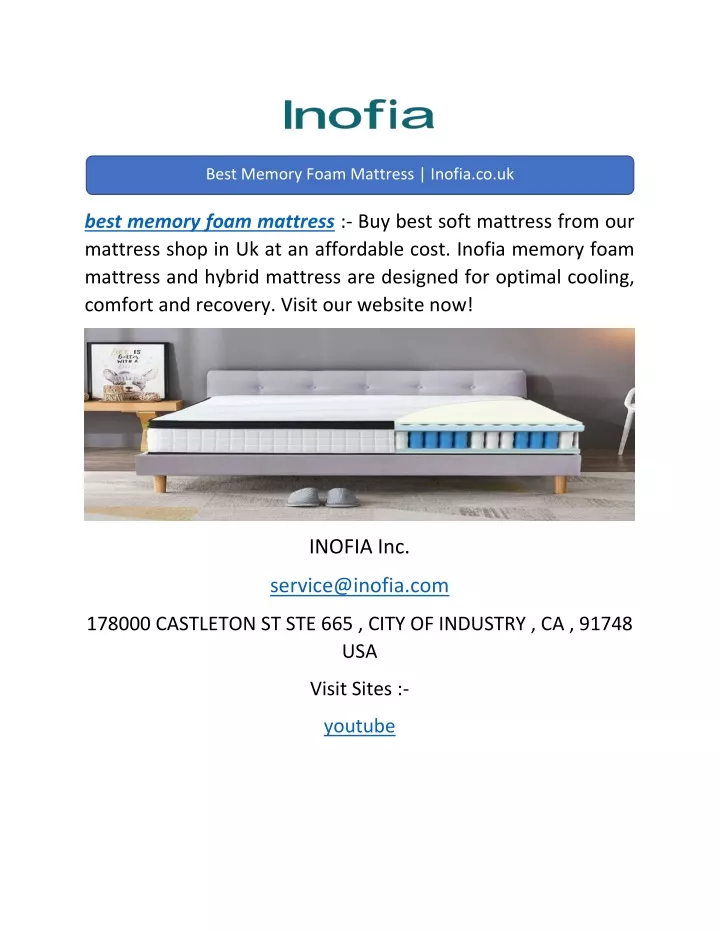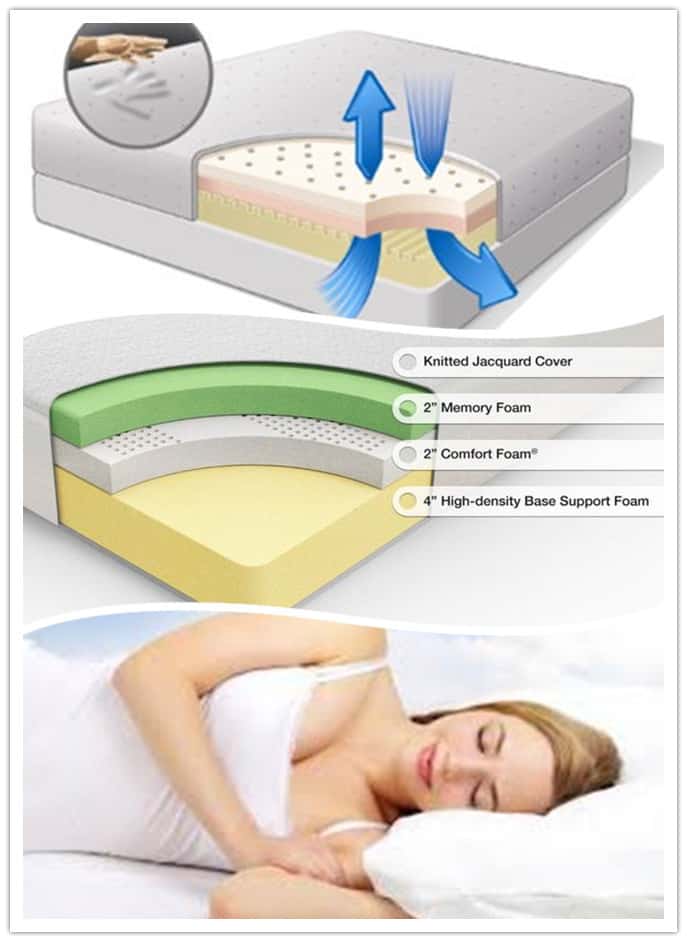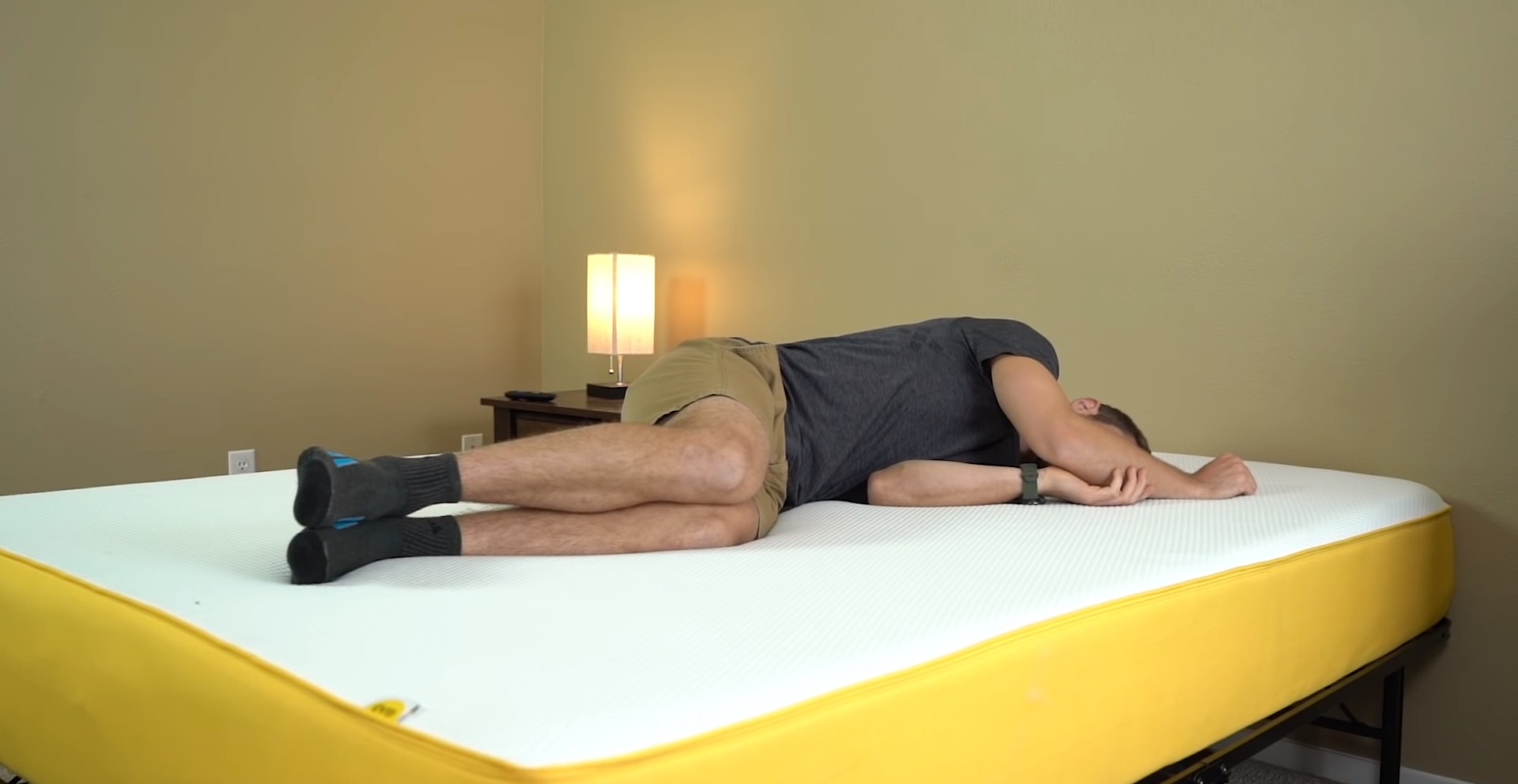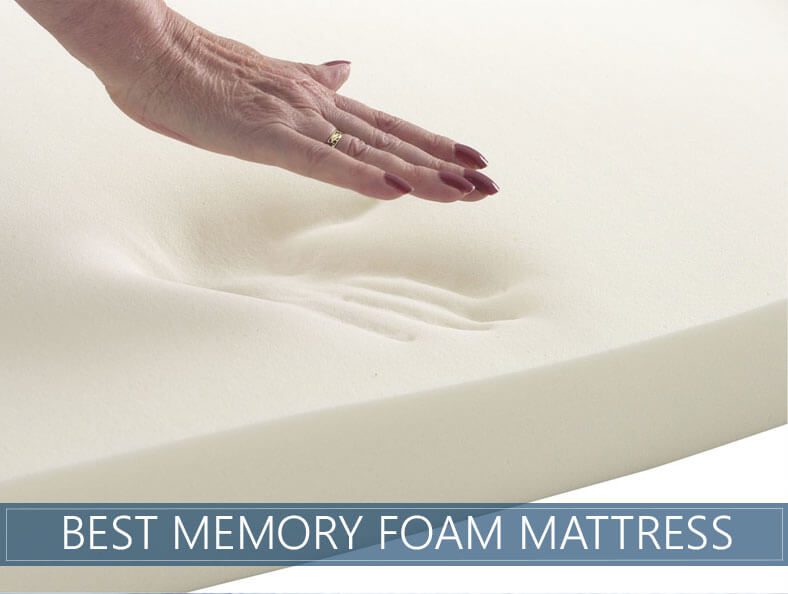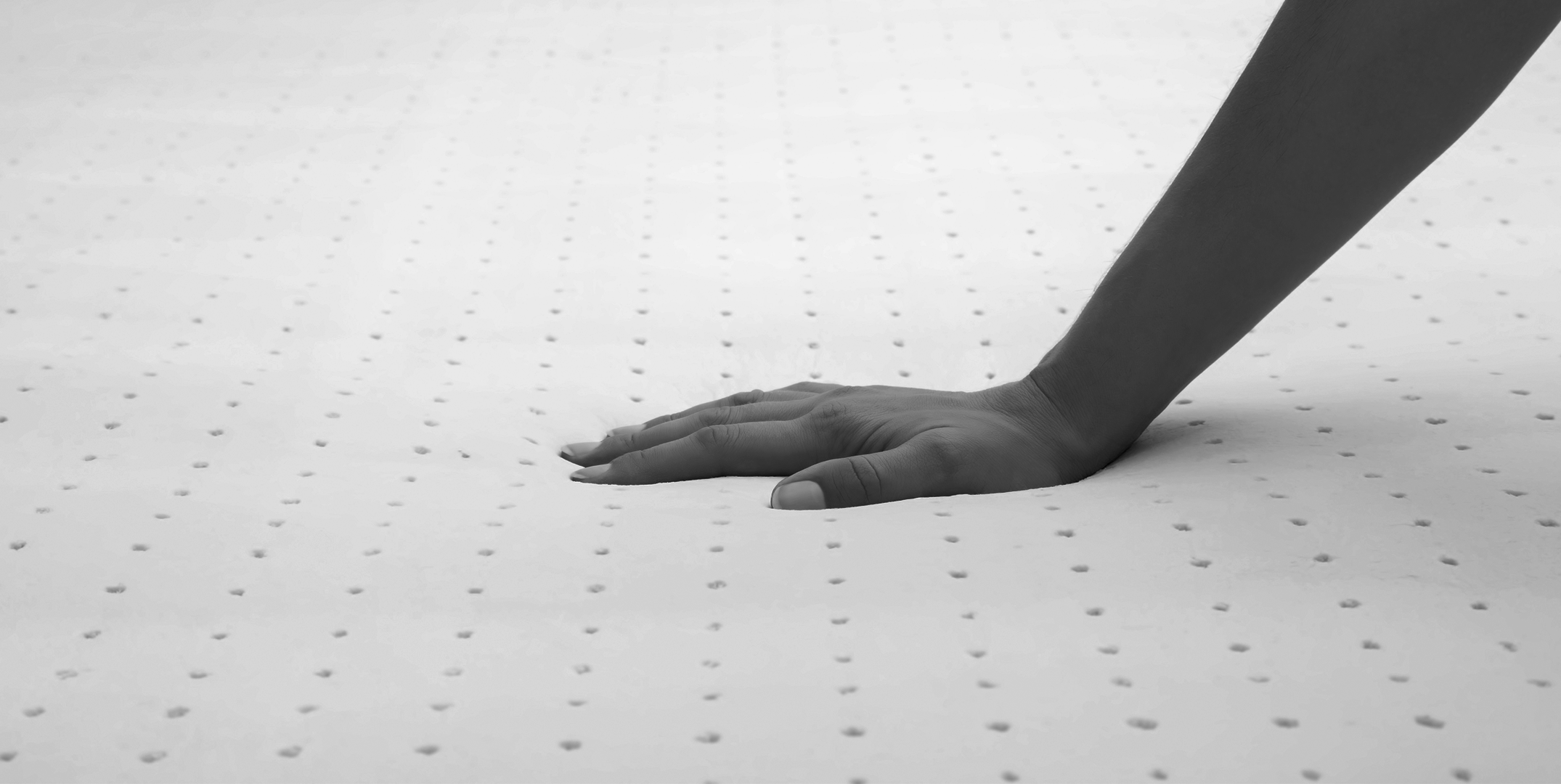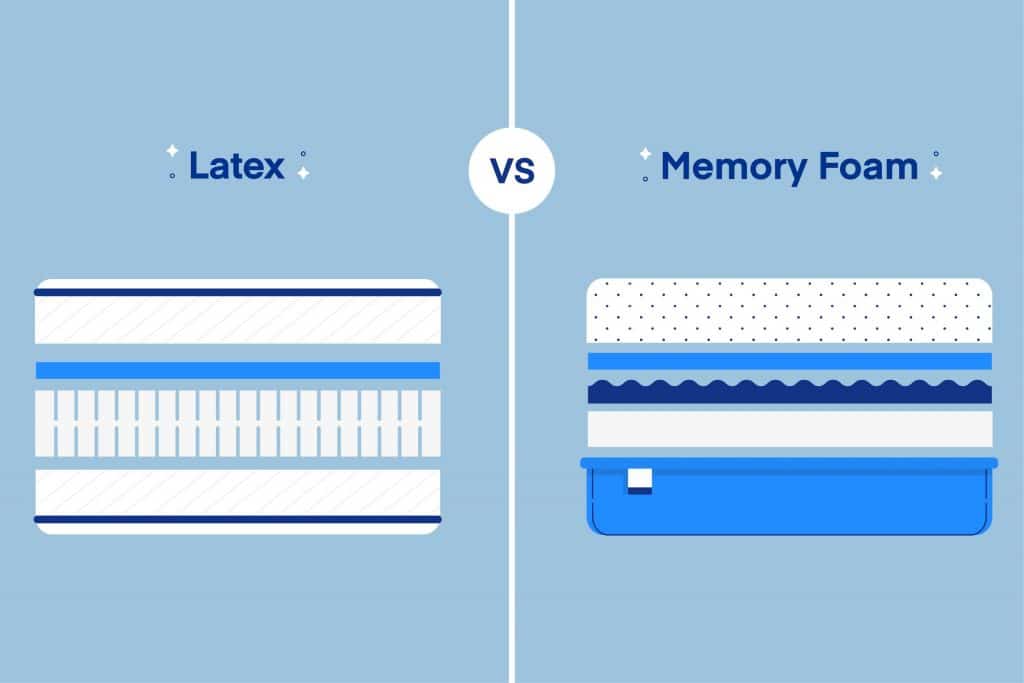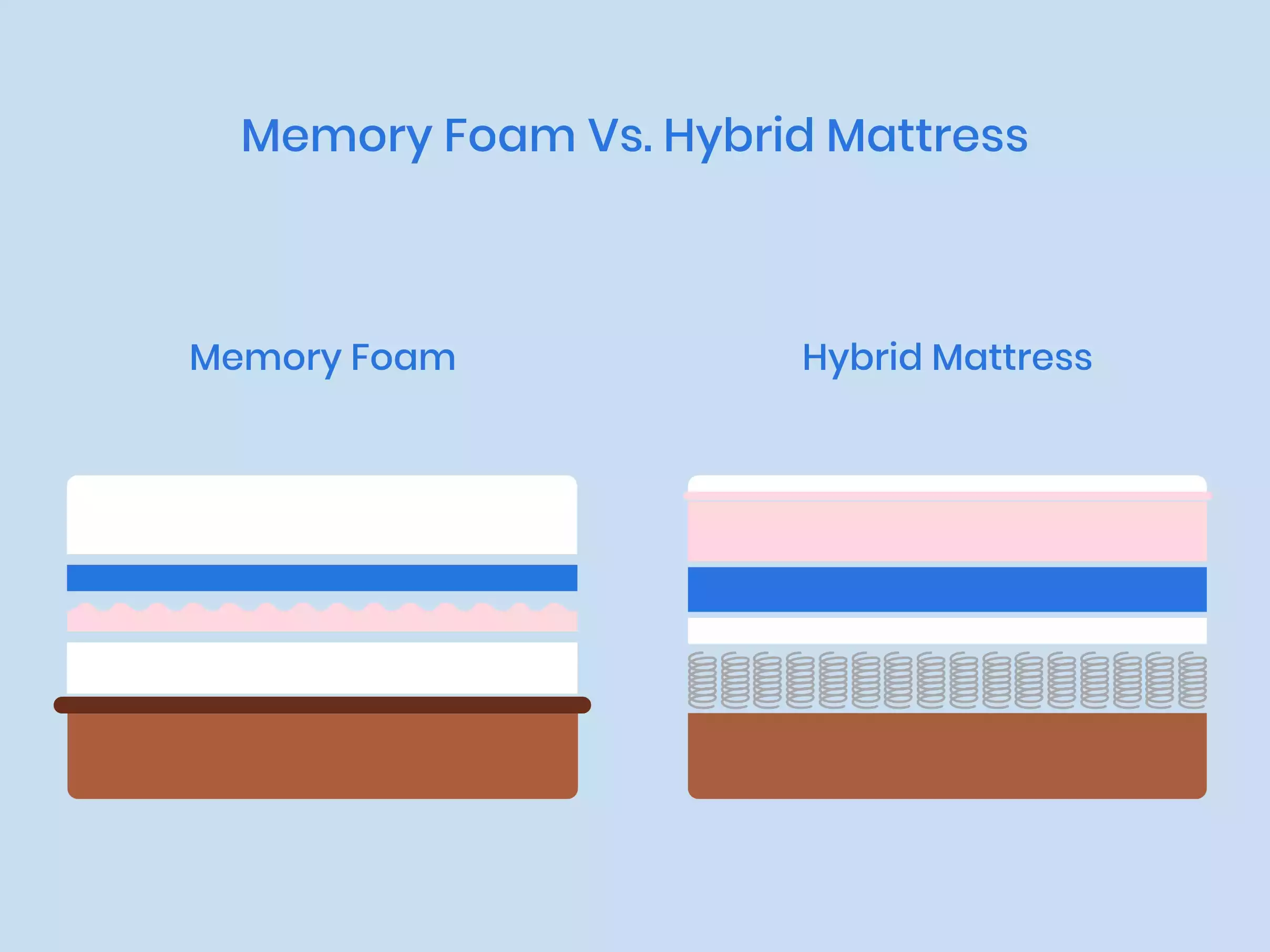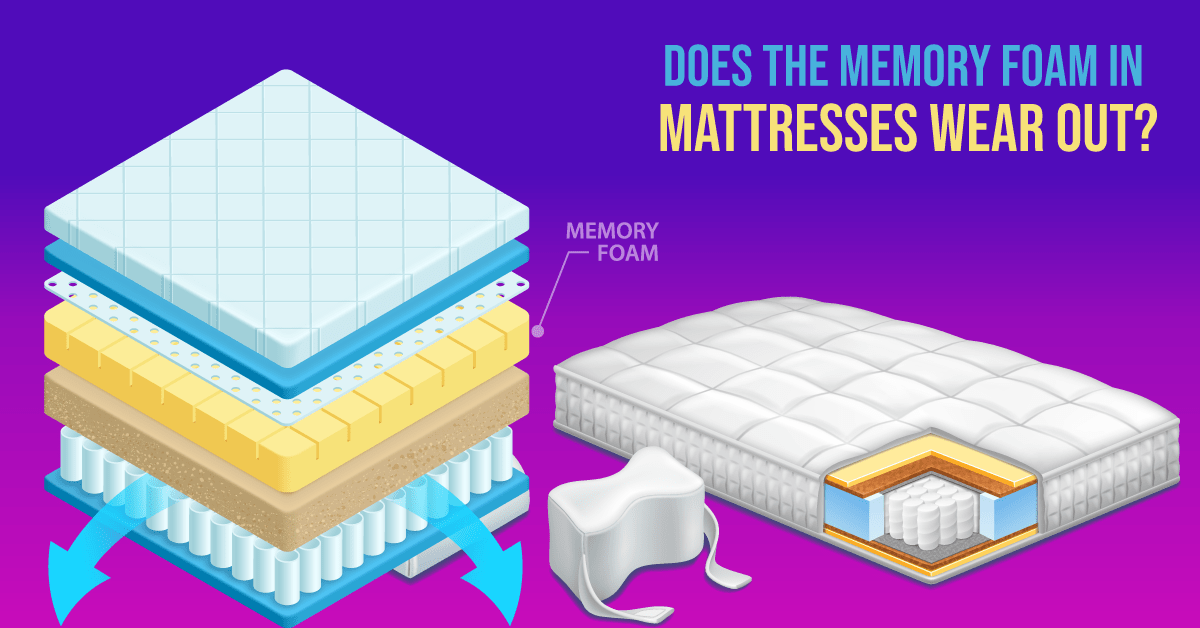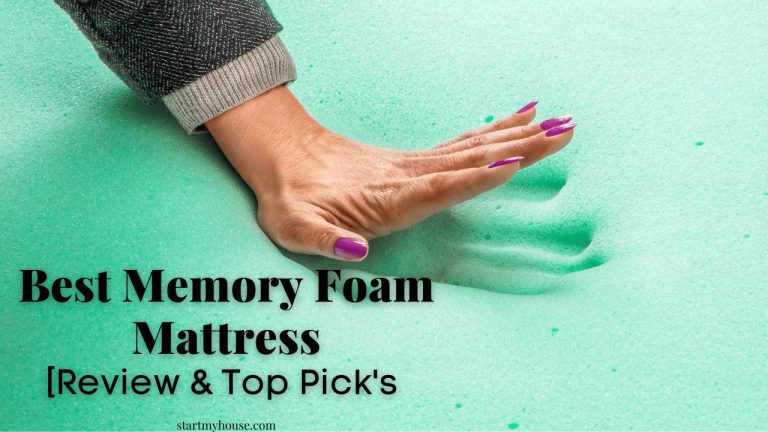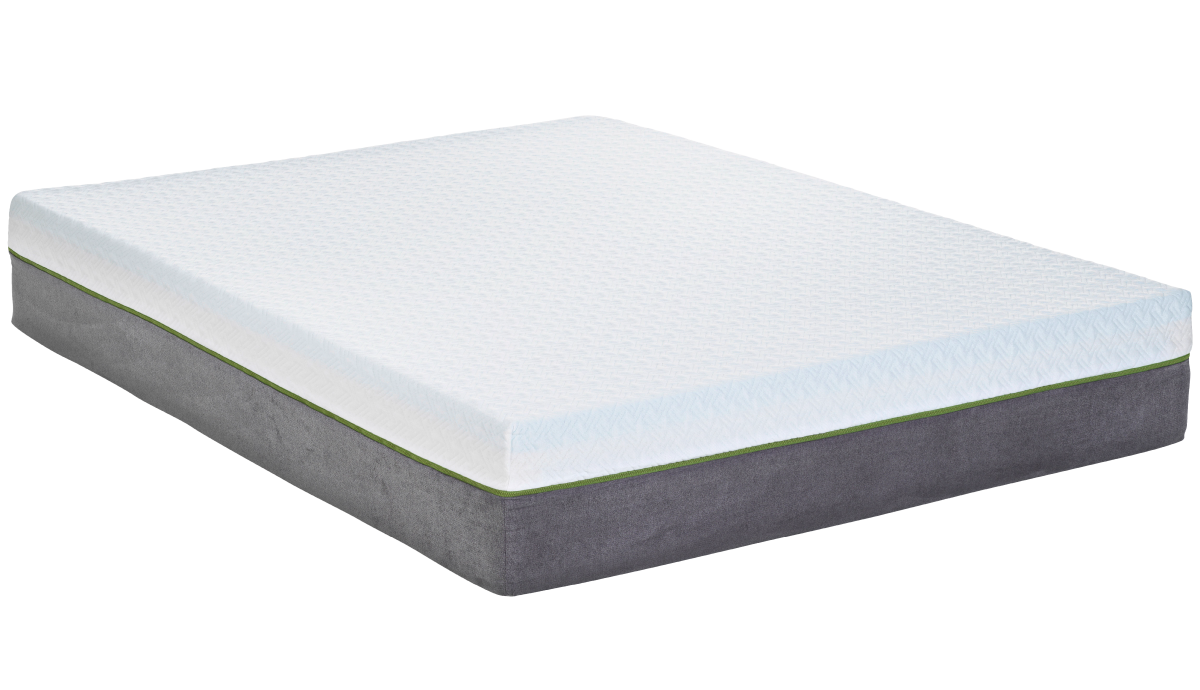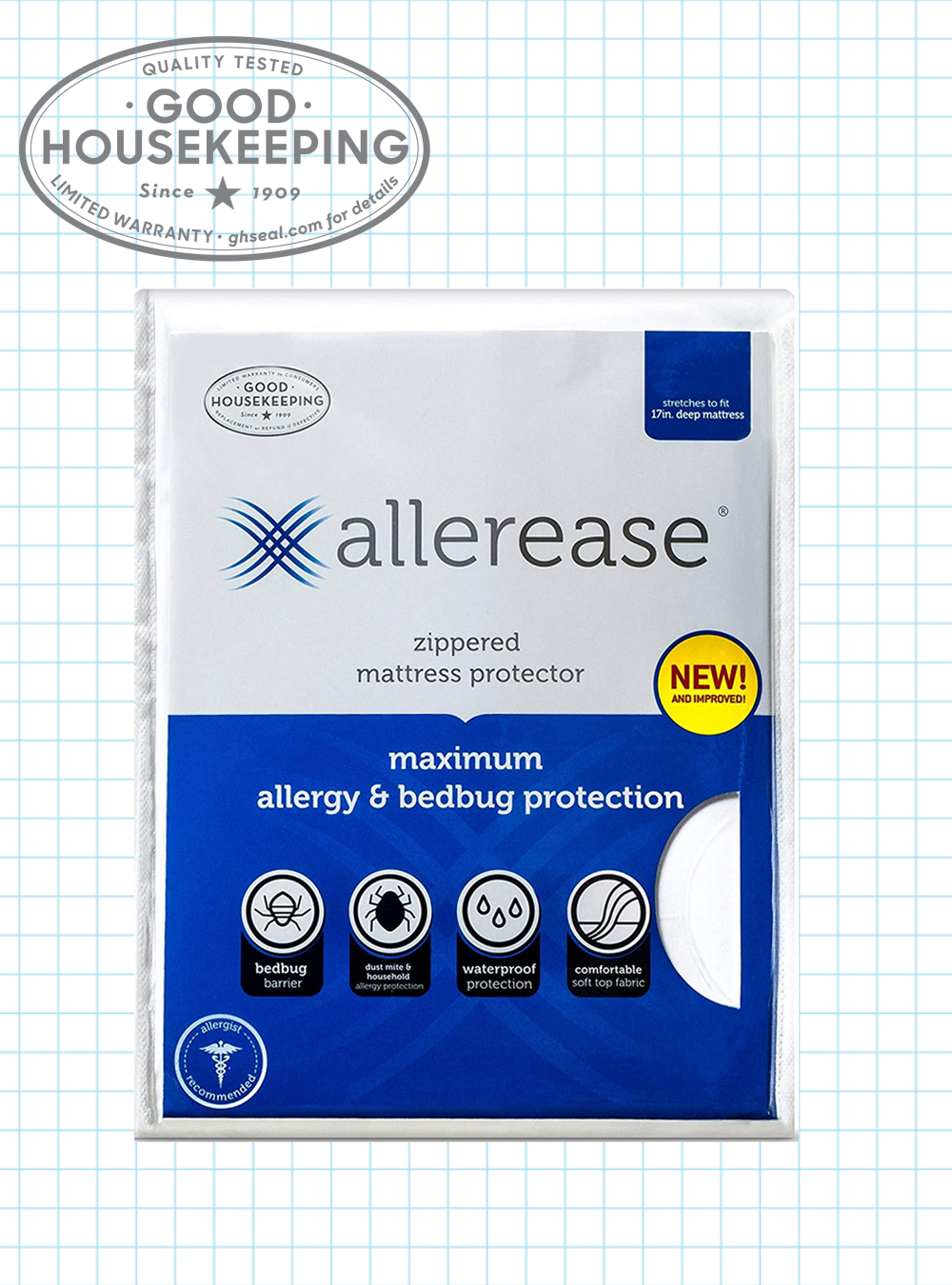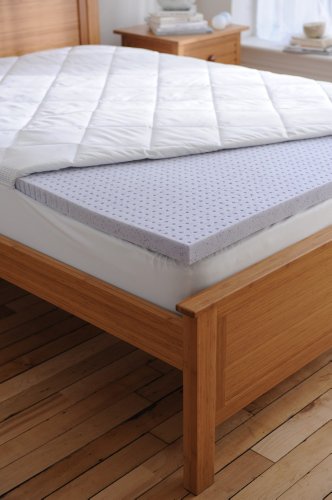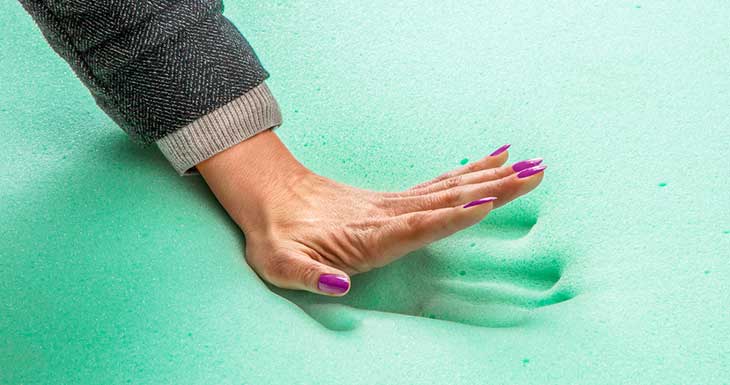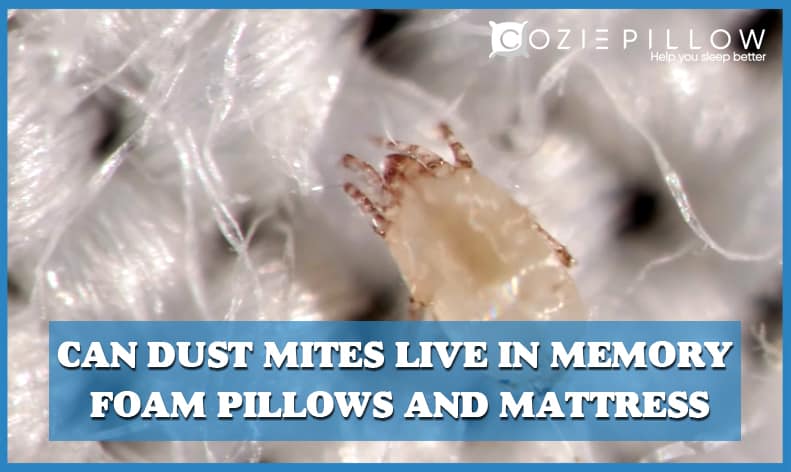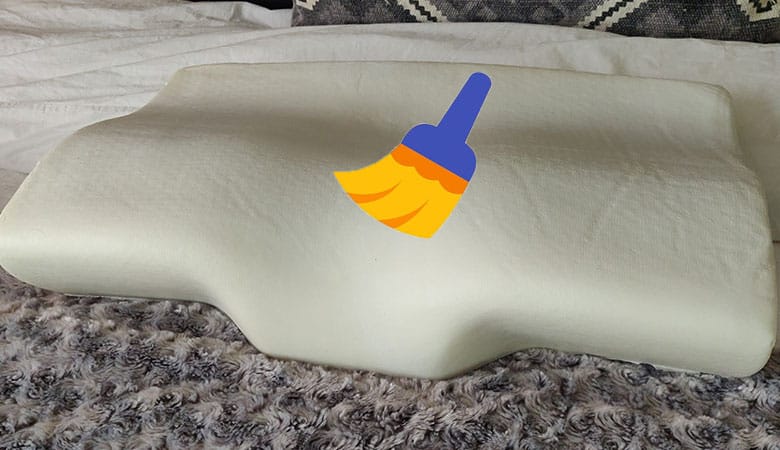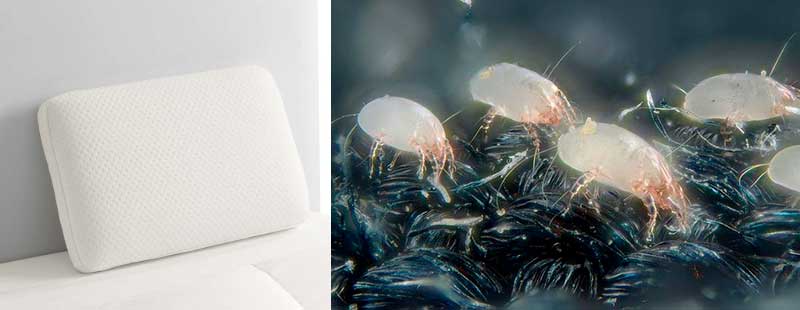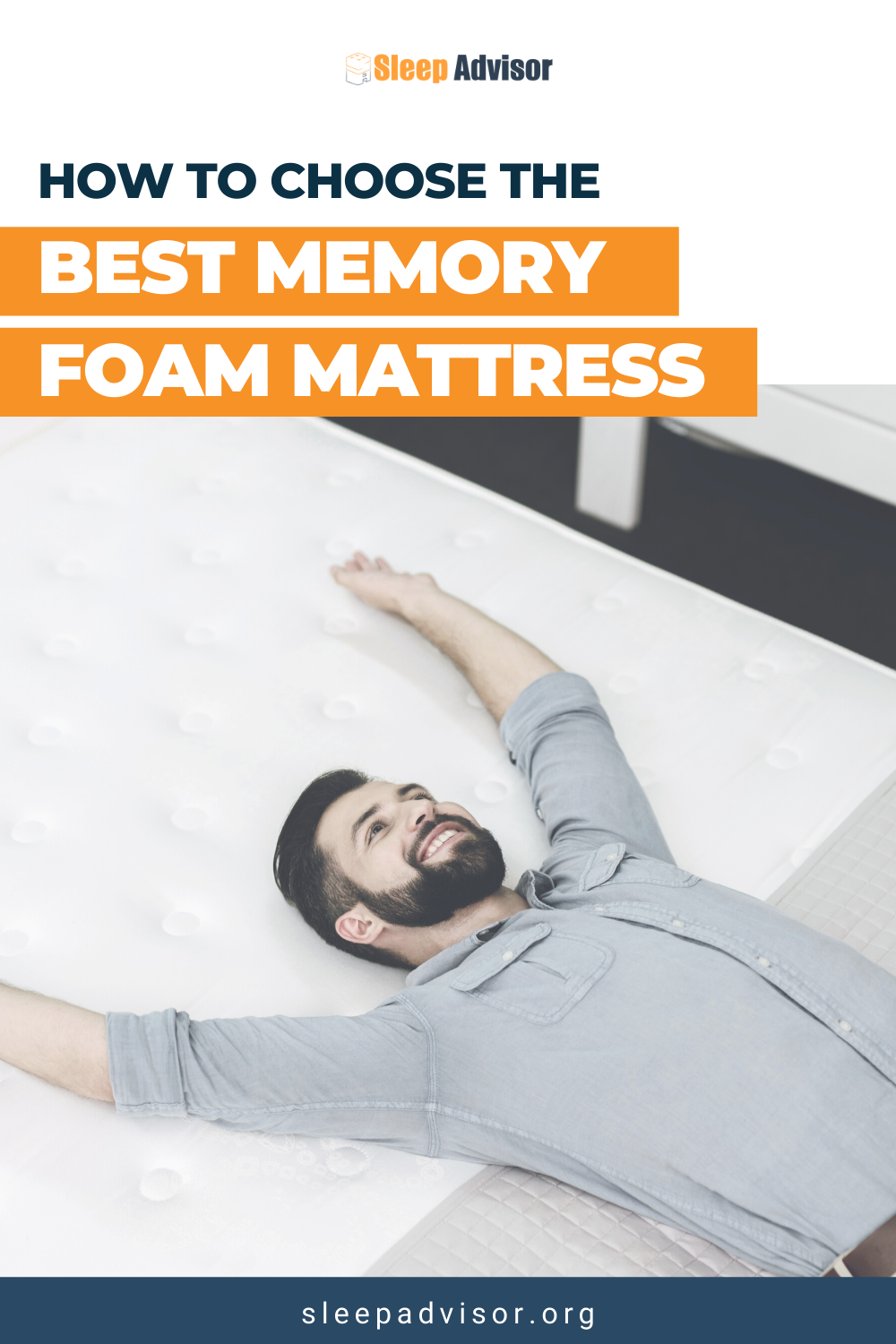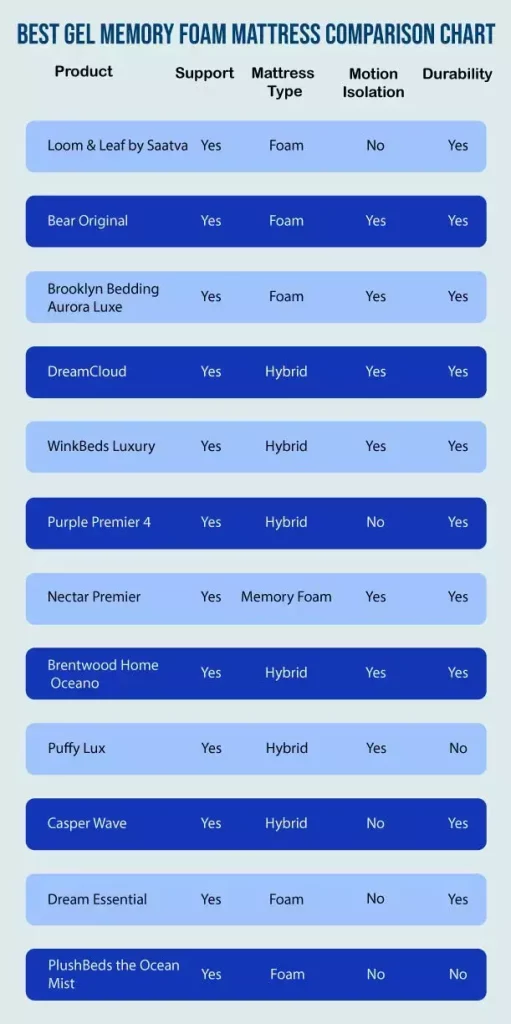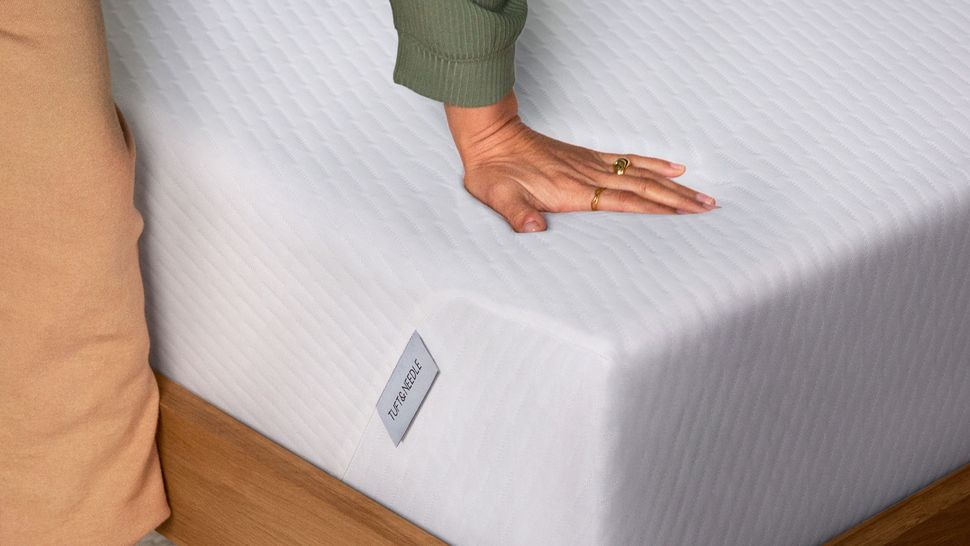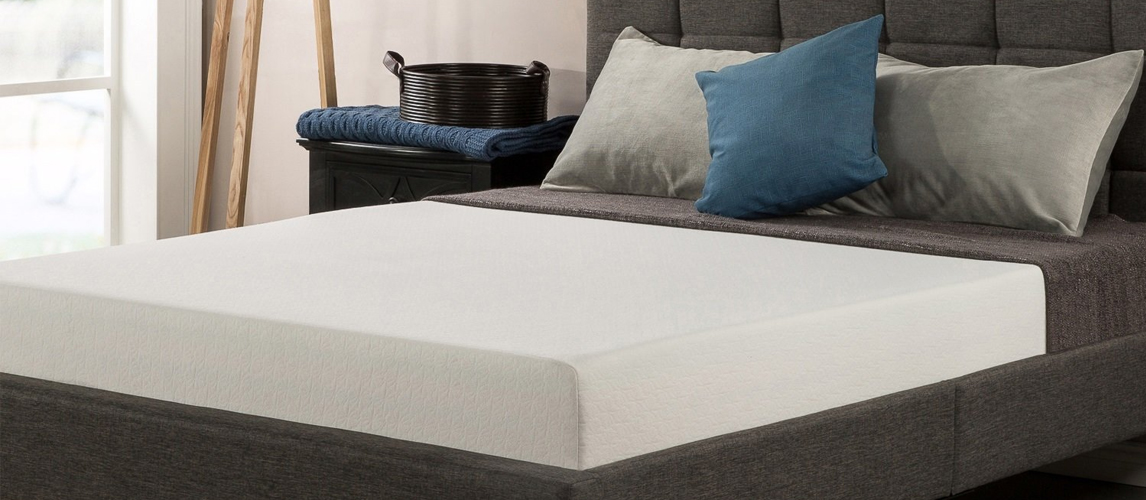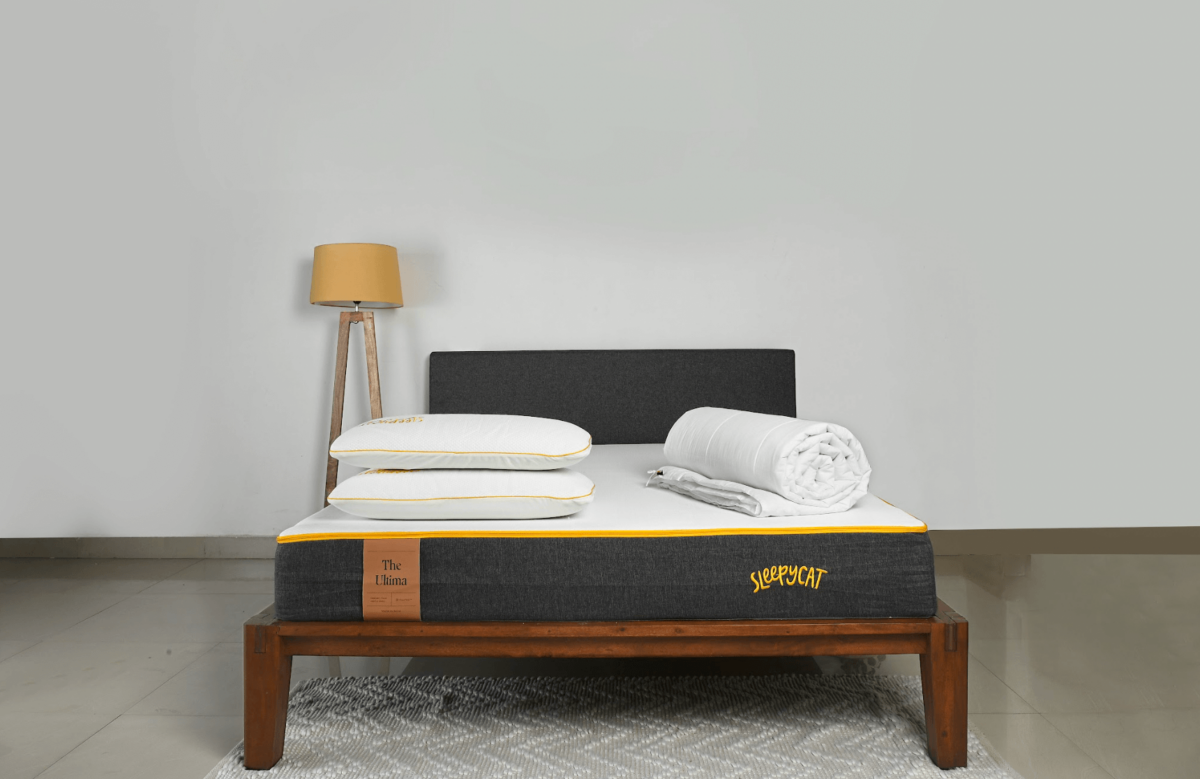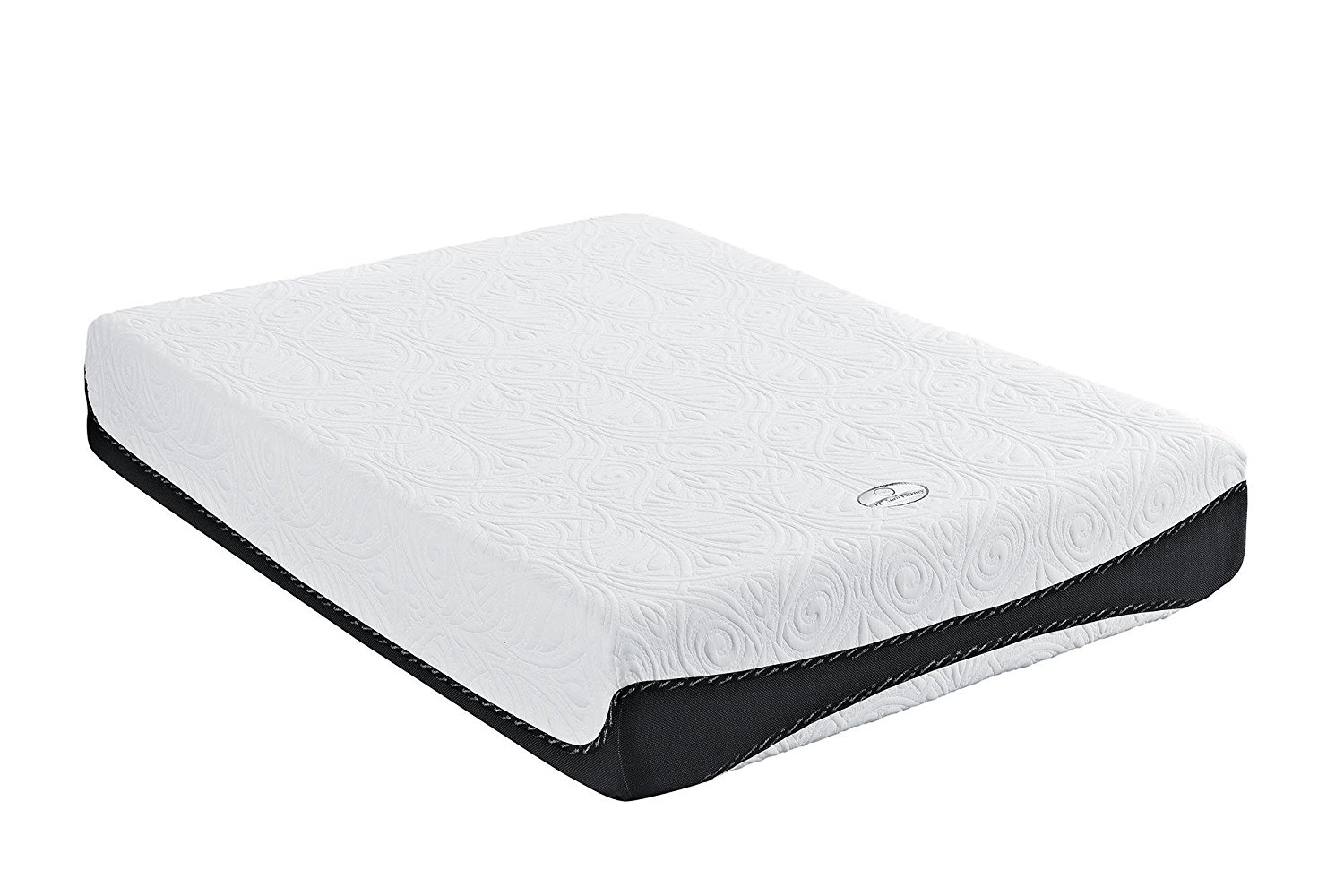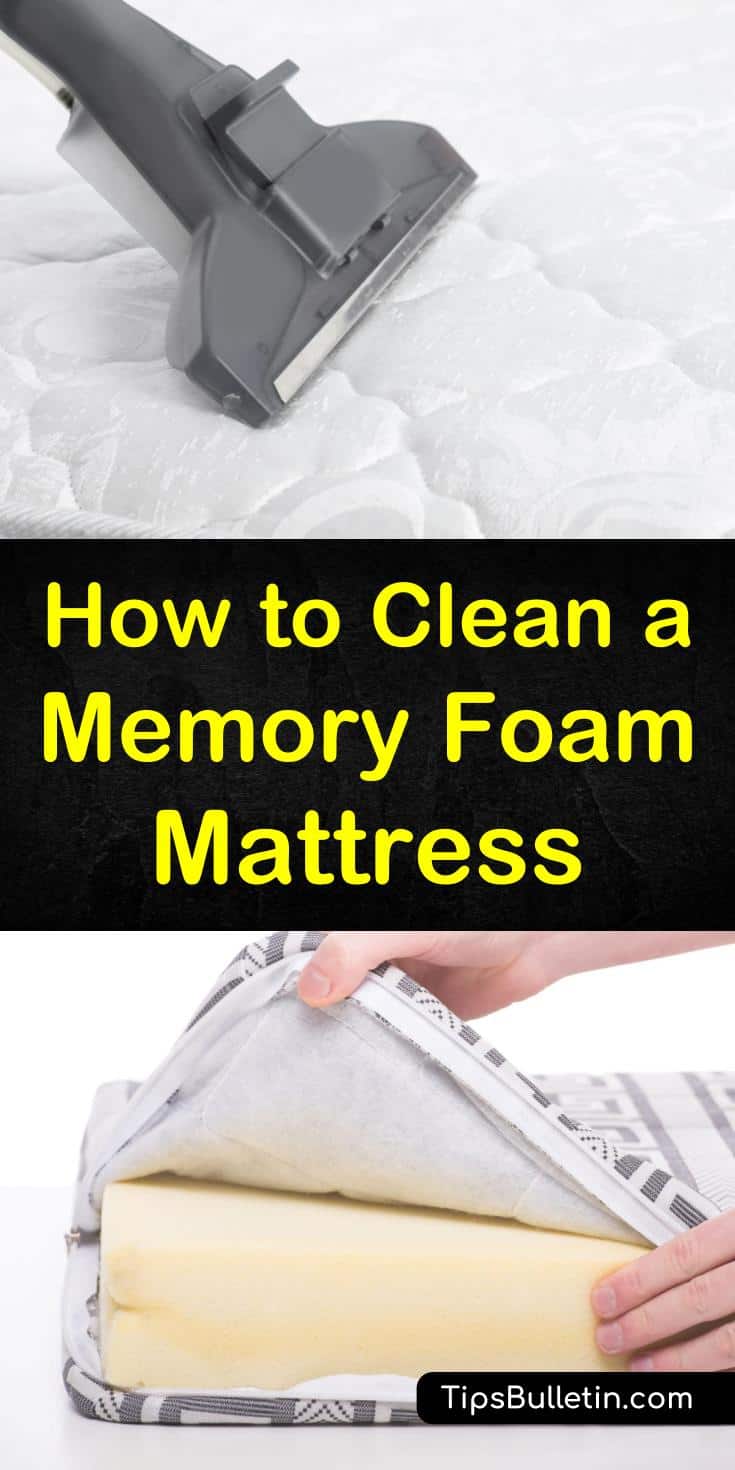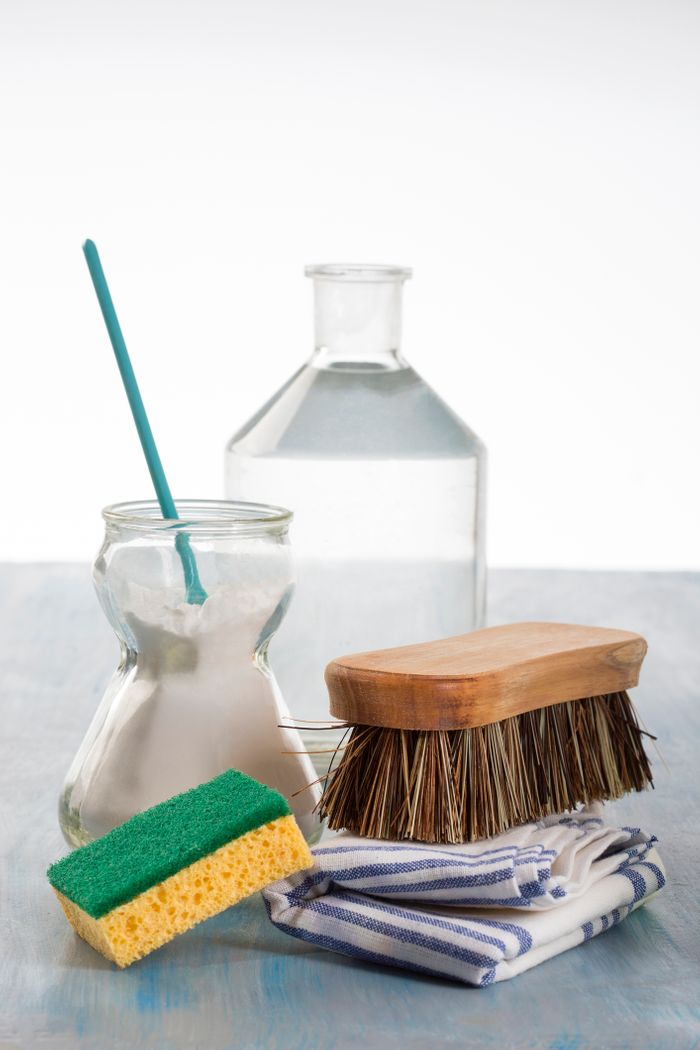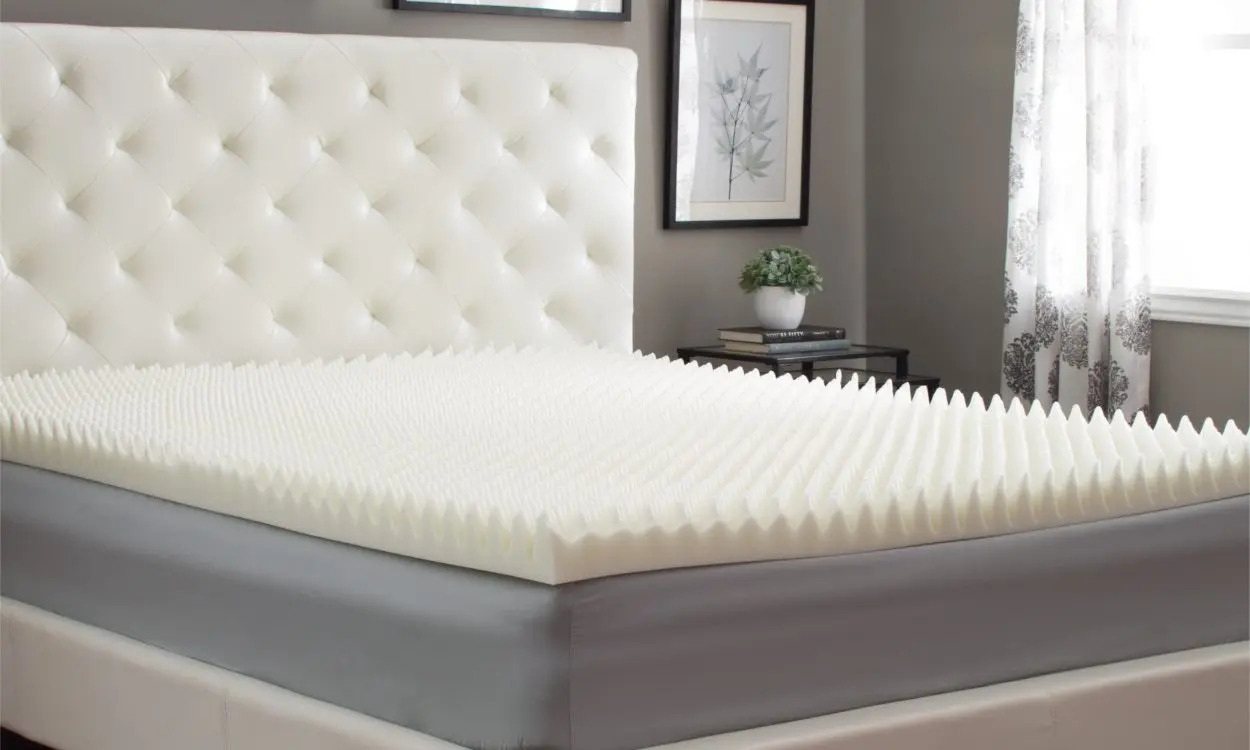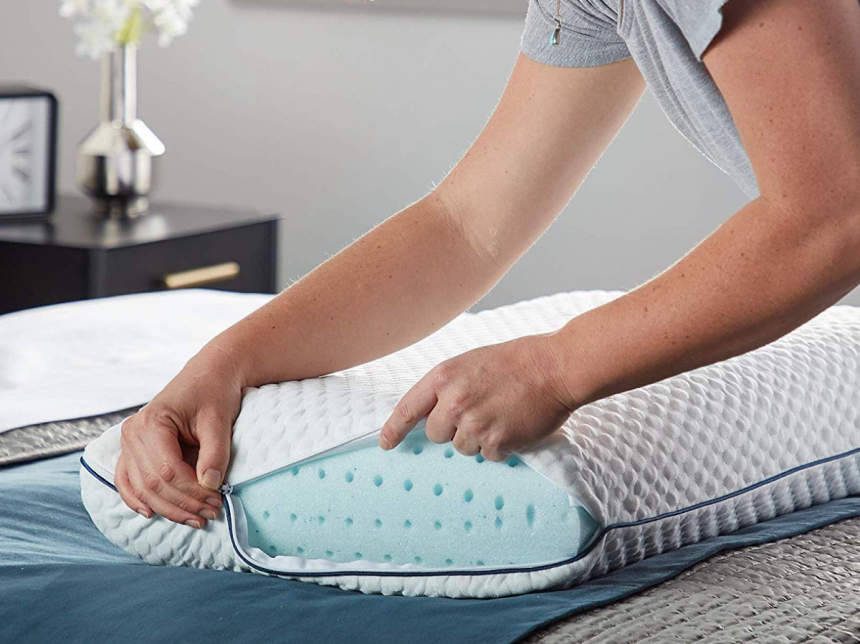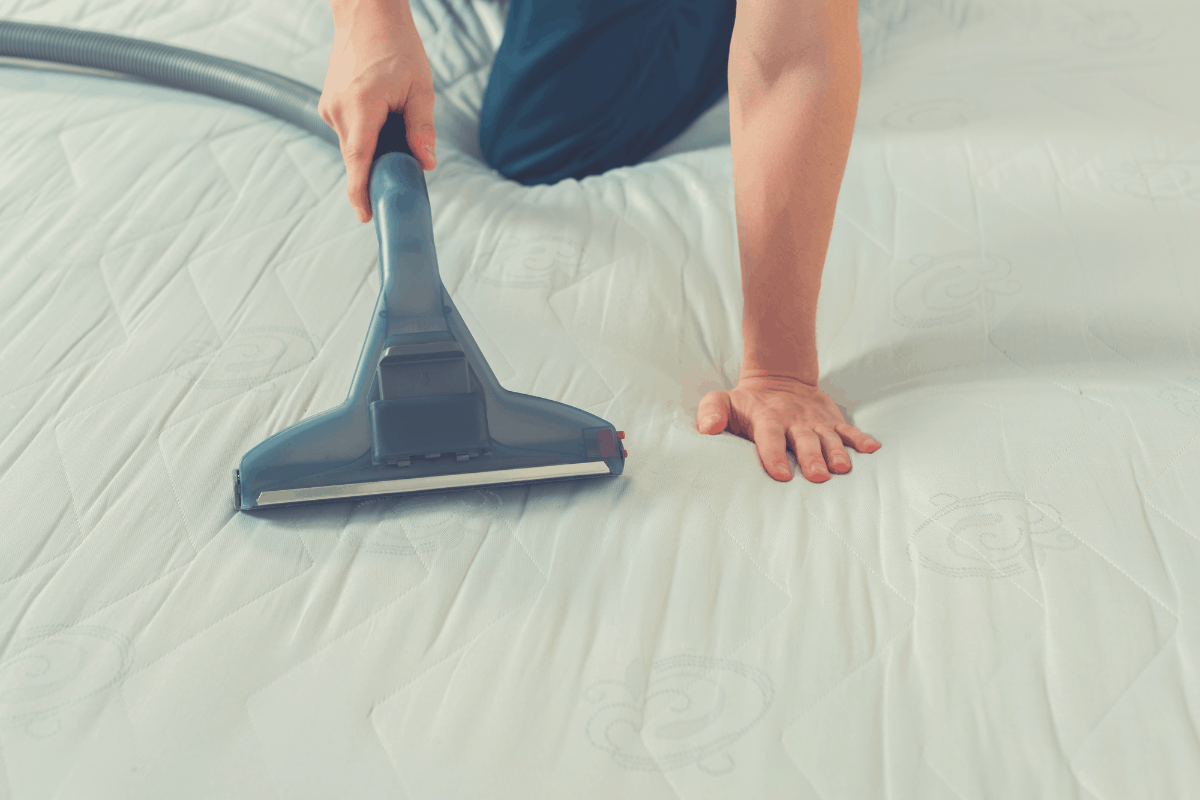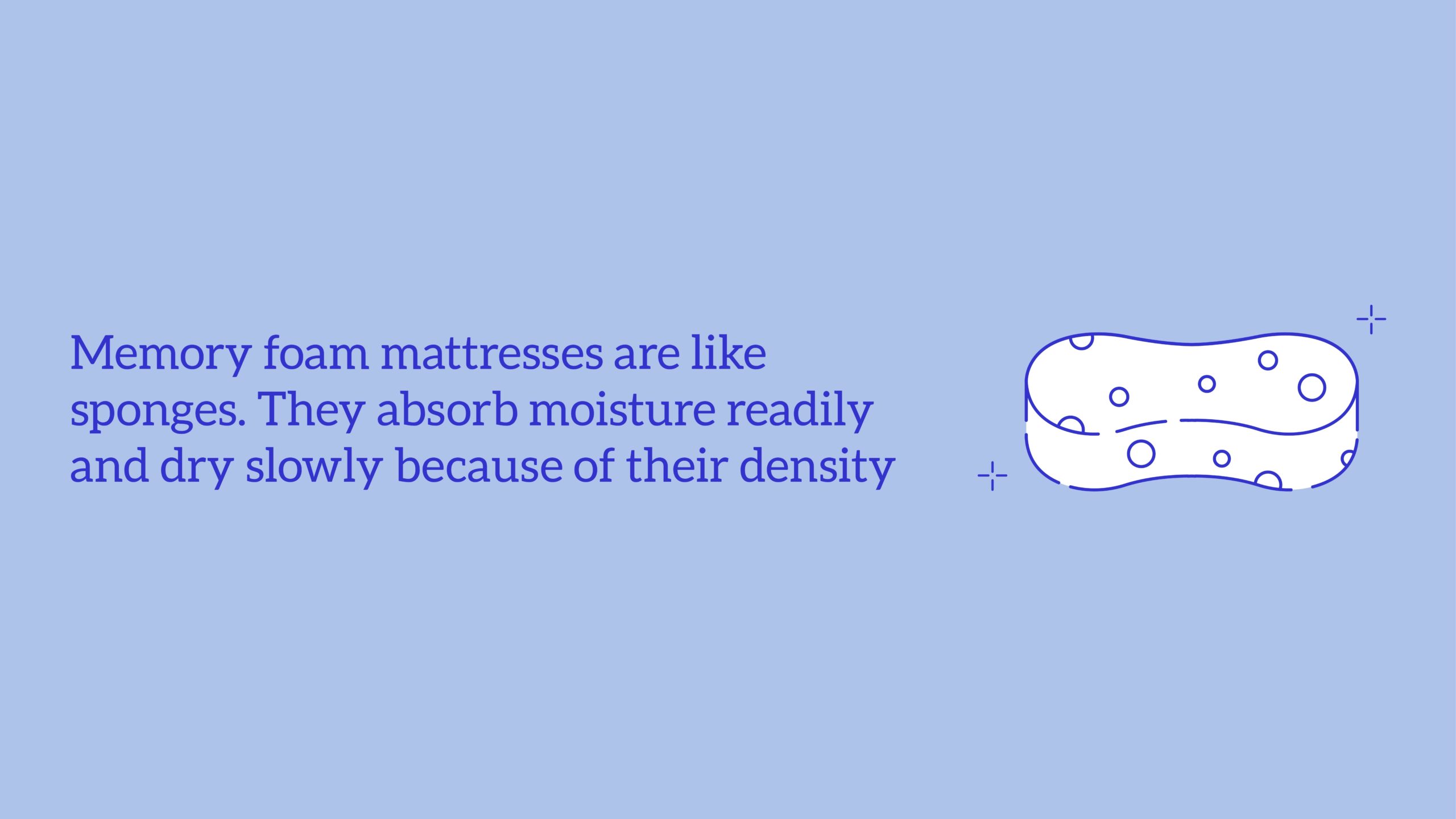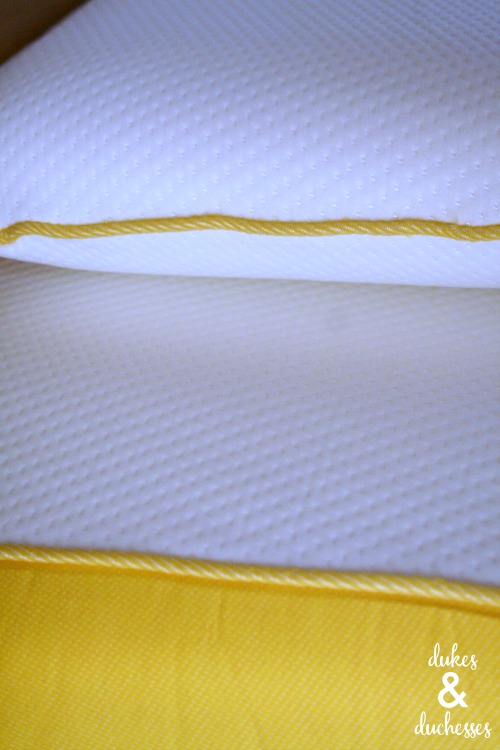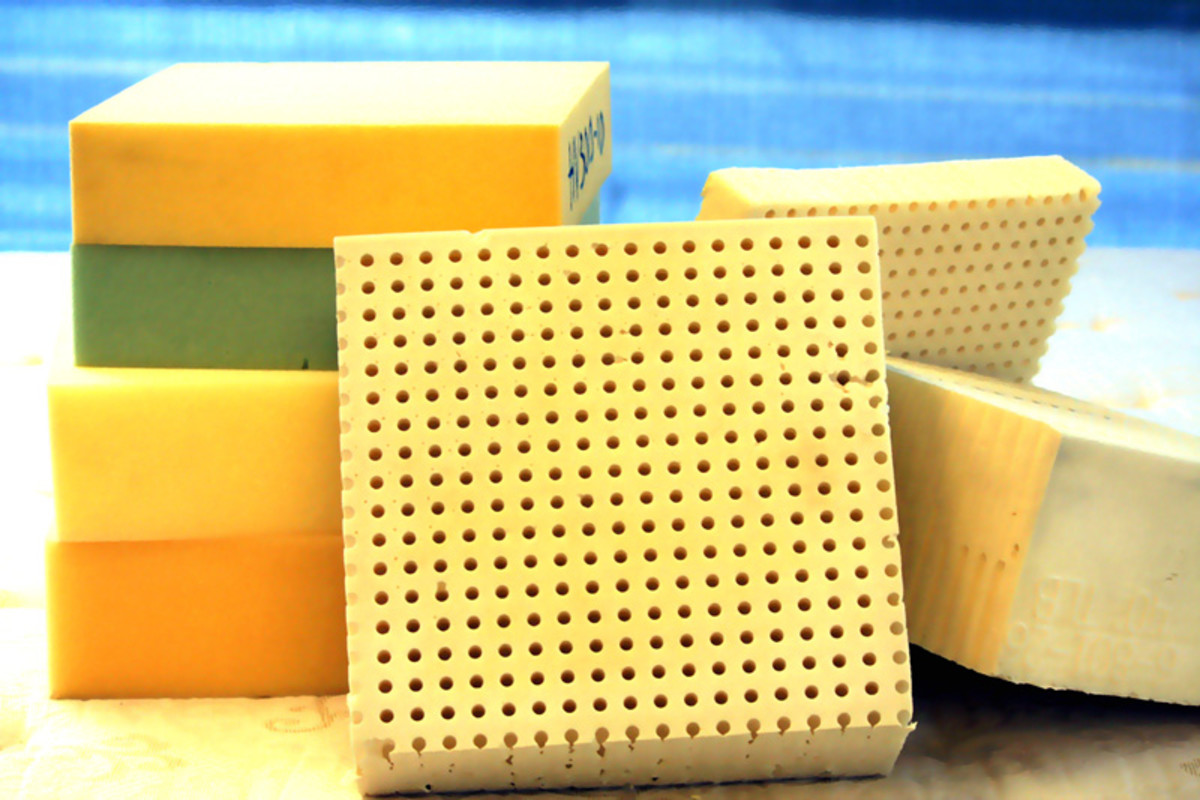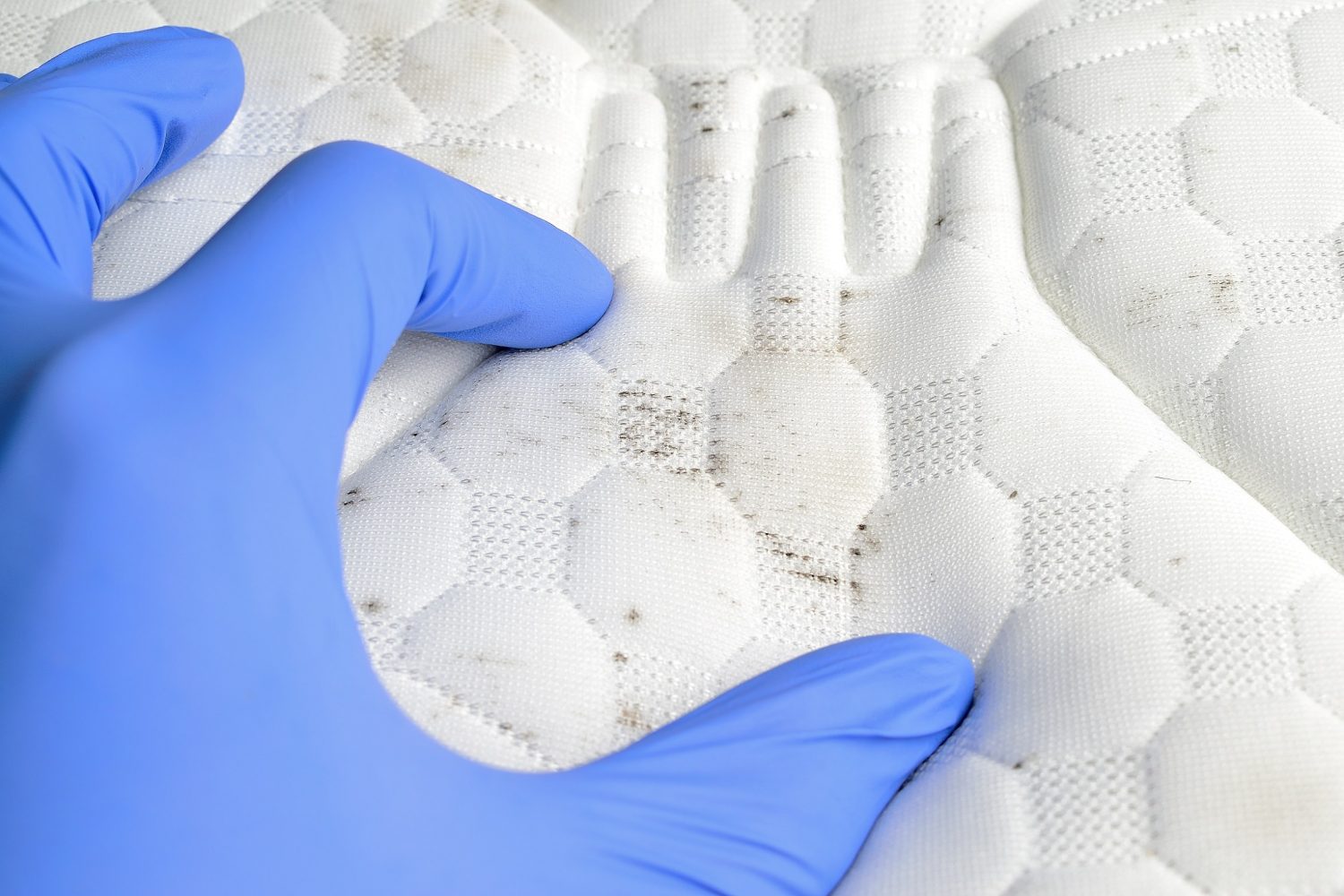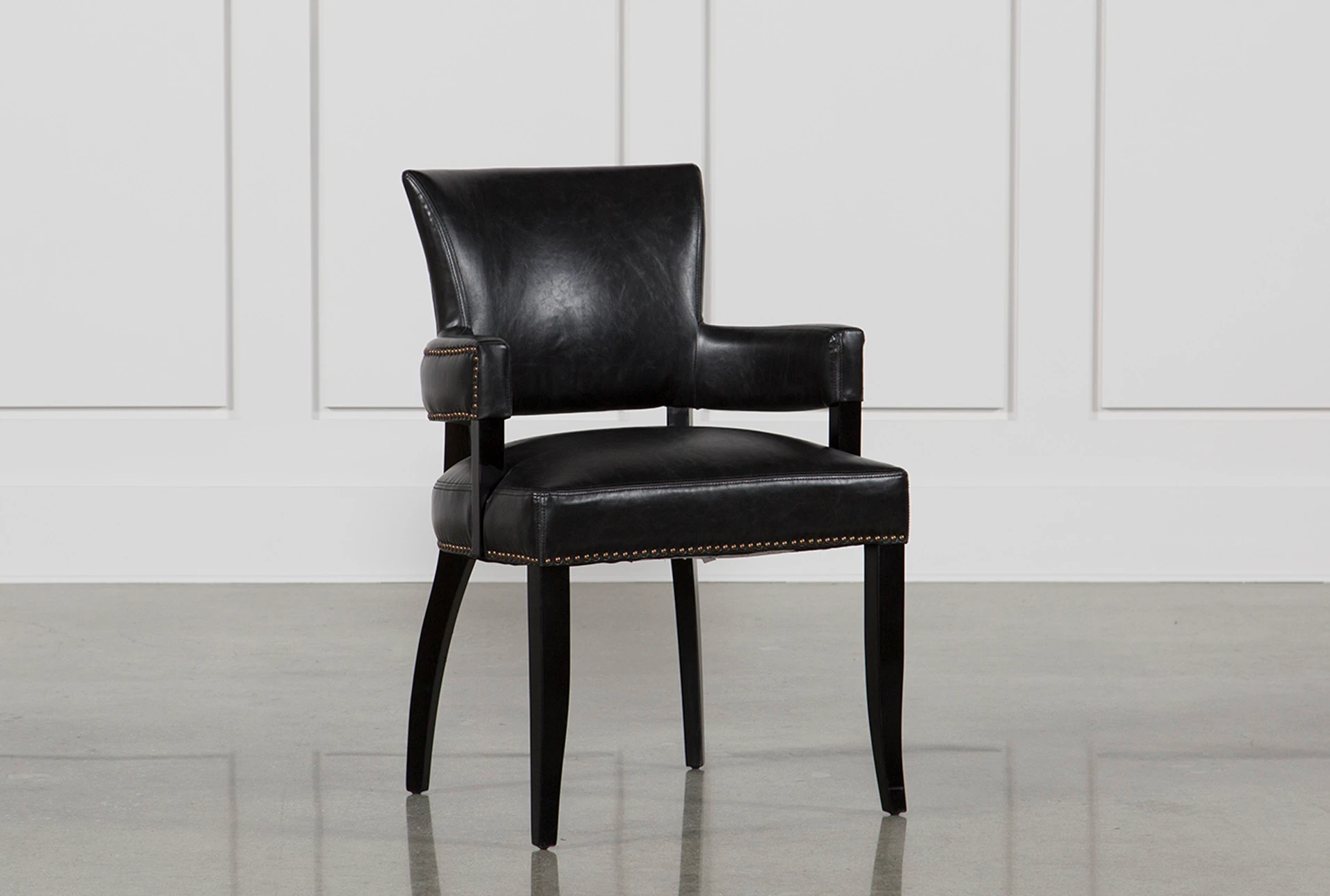Memory Foam Mattress and Allergies: What You Need to Know
Allergies can make life miserable, especially when they interfere with your sleep. If you find yourself sneezing and sniffling every night, it could be due to your mattress. Traditional mattresses are known to trap dust, pollen, and other allergens, making it difficult for allergy sufferers to get a good night's sleep. However, memory foam mattresses are becoming increasingly popular for their ability to combat allergies and provide a comfortable sleep experience. In this article, we'll explore the connection between memory foam mattresses and allergies and how you can choose the best one for your needs.
How to Choose the Best Memory Foam Mattress for Allergies
The first step in finding the best memory foam mattress for allergies is to look for one that is hypoallergenic. This means that it is resistant to allergens such as dust mites, mold, and pet dander. Look for mattresses that are certified by organizations such as CertiPUR-US or Oeko-Tex, which ensure that the materials used are free from harmful chemicals and allergens. Additionally, opt for a mattress with a removable, washable cover to prevent allergens from building up over time.
Memory Foam Mattress vs. Allergies: What's the Connection?
Memory foam mattresses are made from a material called viscoelastic foam, which is known for its ability to contour to the body and provide pressure relief. However, this same feature also makes it difficult for allergens to penetrate the mattress. The dense foam acts as a barrier, preventing dust mites, mold, and other allergens from settling in and causing irritation. This makes memory foam mattresses a great choice for those with allergies or asthma.
How to Reduce Sneezing with a Memory Foam Mattress
If you suffer from allergies, you know how frustrating it can be to constantly sneeze and sniffle throughout the day. However, switching to a memory foam mattress can help reduce these symptoms and provide a more restful sleep. In addition to choosing a hypoallergenic mattress, you can also use a mattress protector to further protect against allergens. Regularly vacuuming your mattress and washing your bedding in hot water can also help keep allergens at bay.
Memory Foam Mattress and Dust Mites: What You Need to Know
Dust mites are a common allergen that can cause sneezing, itching, and respiratory problems. These microscopic creatures thrive in traditional mattresses, but they struggle to survive in memory foam mattresses. This is because the dense foam makes it difficult for them to burrow and reproduce. Additionally, memory foam mattresses are often infused with materials such as copper or bamboo, which have antimicrobial properties that can further deter dust mites.
Best Memory Foam Mattresses for Allergies and Sneezing
When it comes to choosing a memory foam mattress for allergies, there are many options on the market. Some of the best mattresses for allergy sufferers are those with a medium to firm level of support. This is because a firmer mattress will have less give, making it harder for allergens to penetrate. Additionally, look for mattresses with a higher density, as this will provide better support and longevity.
Memory Foam Mattress and Asthma: What You Need to Know
Asthma is a chronic respiratory condition that can be triggered by allergens such as dust mites and mold. If you suffer from asthma, switching to a memory foam mattress can provide relief and improve your overall sleep quality. The dense foam acts as a barrier, preventing allergens from entering the mattress and triggering asthma symptoms. This can result in a more restful and comfortable sleep experience for those with asthma.
How to Clean and Maintain a Memory Foam Mattress for Allergy Relief
To ensure that your memory foam mattress remains hypoallergenic, it's important to clean and maintain it regularly. Vacuuming your mattress every few months can help remove any dust and allergens that may have accumulated. If your mattress has a removable cover, be sure to wash it in hot water every few weeks. For stains or spills, spot clean with a mild detergent and warm water, and be sure to dry completely before using the mattress again.
Memory Foam Mattress and Pet Allergies: What You Need to Know
If you have a furry friend that loves to sleep on your bed, you may be struggling with pet allergies. Pet dander, which is made up of tiny particles of skin, can easily become trapped in traditional mattresses, causing sneezing and discomfort. However, memory foam mattresses can help alleviate these symptoms by providing a barrier against pet dander. Regularly washing your sheets and using a mattress protector can also help keep pet allergens at bay.
Memory Foam Mattress and Mold: What You Need to Know
Mold is a common allergen that thrives in warm and humid environments. Traditional mattresses, which are often made with natural materials, can be a breeding ground for mold. However, memory foam mattresses are made with synthetic materials that are resistant to mold growth. Additionally, the dense foam makes it difficult for mold spores to penetrate the mattress. Regularly cleaning and maintaining your memory foam mattress can also help prevent mold growth and provide a healthier sleep environment.
The Benefits of Using a Memory Foam Mattress for Those Prone to Sneezing

Introduction
 When it comes to creating a comfortable and healthy home environment, one of the most important factors to consider is the type of mattress you sleep on. With the rise of allergies and respiratory issues, it is becoming increasingly important to choose a mattress that minimizes the potential for sneezing and other allergy symptoms. This is where a memory foam mattress comes in. Not only is it known for its comfort and support, but it also offers numerous benefits for those prone to sneezing.
When it comes to creating a comfortable and healthy home environment, one of the most important factors to consider is the type of mattress you sleep on. With the rise of allergies and respiratory issues, it is becoming increasingly important to choose a mattress that minimizes the potential for sneezing and other allergy symptoms. This is where a memory foam mattress comes in. Not only is it known for its comfort and support, but it also offers numerous benefits for those prone to sneezing.
Avoiding Dust Mites
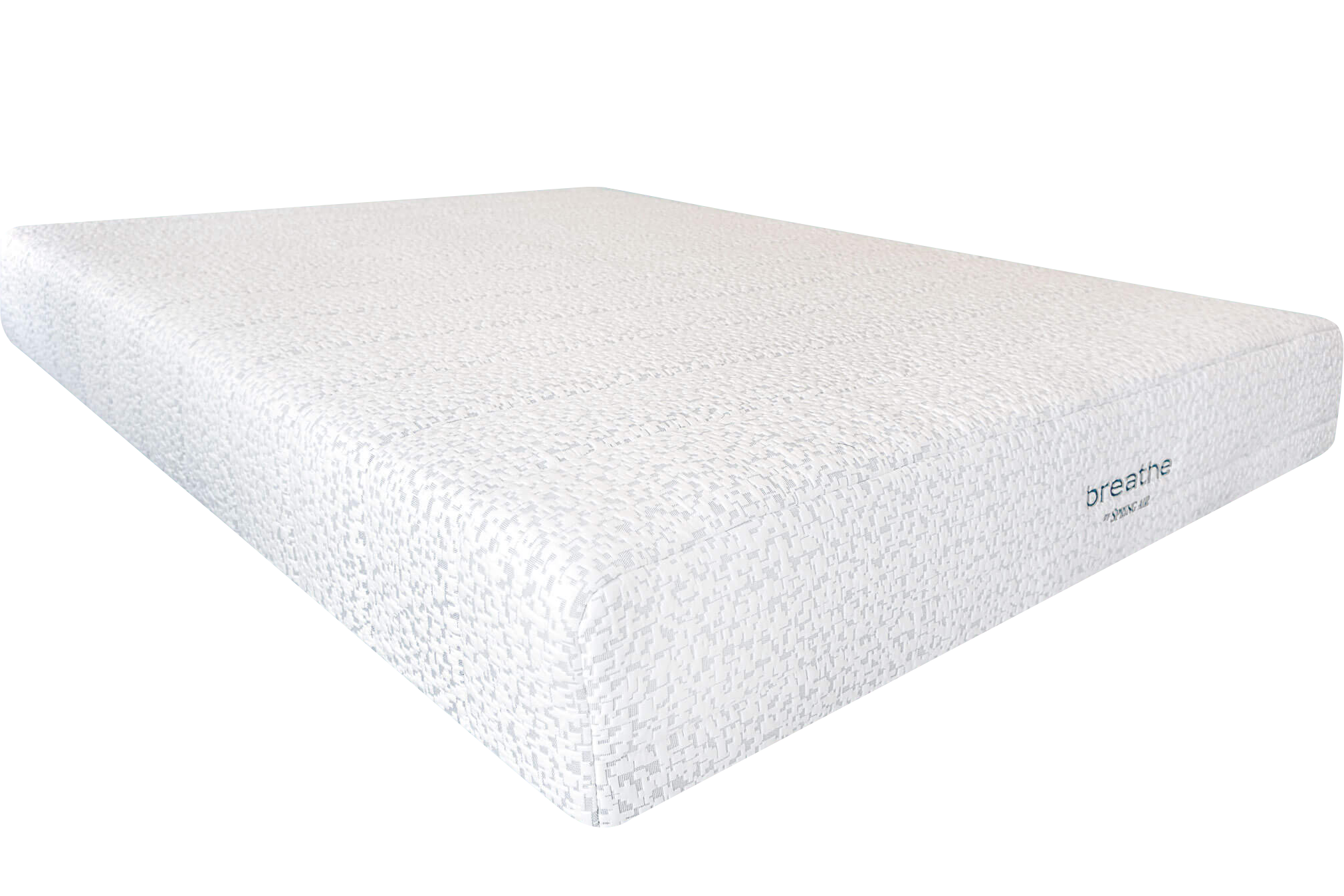 One of the main causes of sneezing and allergies in the bedroom is dust mites. These microscopic creatures thrive in traditional mattresses, as they feed on dead skin cells and moisture. However, memory foam mattresses are made of a dense and compact material that makes it difficult for dust mites to survive. This means less dust mites in your mattress, resulting in fewer sneezing episodes.
One of the main causes of sneezing and allergies in the bedroom is dust mites. These microscopic creatures thrive in traditional mattresses, as they feed on dead skin cells and moisture. However, memory foam mattresses are made of a dense and compact material that makes it difficult for dust mites to survive. This means less dust mites in your mattress, resulting in fewer sneezing episodes.
Hypoallergenic Material
 In addition to avoiding dust mites, memory foam mattresses are also made with hypoallergenic materials. This means that they are less likely to trigger allergies or cause sneezing, making them a great choice for those with sensitive respiratory systems. The foam is also resistant to mold, mildew, and other allergens, creating a cleaner and healthier sleep environment.
In addition to avoiding dust mites, memory foam mattresses are also made with hypoallergenic materials. This means that they are less likely to trigger allergies or cause sneezing, making them a great choice for those with sensitive respiratory systems. The foam is also resistant to mold, mildew, and other allergens, creating a cleaner and healthier sleep environment.
Eliminating Pressure Points
 Another benefit of memory foam mattresses is their ability to eliminate pressure points. These are areas of the body that experience increased pressure when lying down, leading to discomfort and pain. By contouring to the body's shape and evenly distributing weight, memory foam mattresses reduce pressure points and promote better blood circulation. This not only leads to a more comfortable sleep but also reduces the likelihood of sneezing caused by discomfort.
Another benefit of memory foam mattresses is their ability to eliminate pressure points. These are areas of the body that experience increased pressure when lying down, leading to discomfort and pain. By contouring to the body's shape and evenly distributing weight, memory foam mattresses reduce pressure points and promote better blood circulation. This not only leads to a more comfortable sleep but also reduces the likelihood of sneezing caused by discomfort.
Conclusion
 A memory foam mattress is a great investment for anyone looking to create a healthier and more comfortable sleep environment. Its ability to prevent dust mites, its hypoallergenic material, and its ability to eliminate pressure points make it an ideal choice for those prone to sneezing and allergies. So, if you want to wake up feeling refreshed and sneeze-free, consider switching to a memory foam mattress today.
A memory foam mattress is a great investment for anyone looking to create a healthier and more comfortable sleep environment. Its ability to prevent dust mites, its hypoallergenic material, and its ability to eliminate pressure points make it an ideal choice for those prone to sneezing and allergies. So, if you want to wake up feeling refreshed and sneeze-free, consider switching to a memory foam mattress today.






